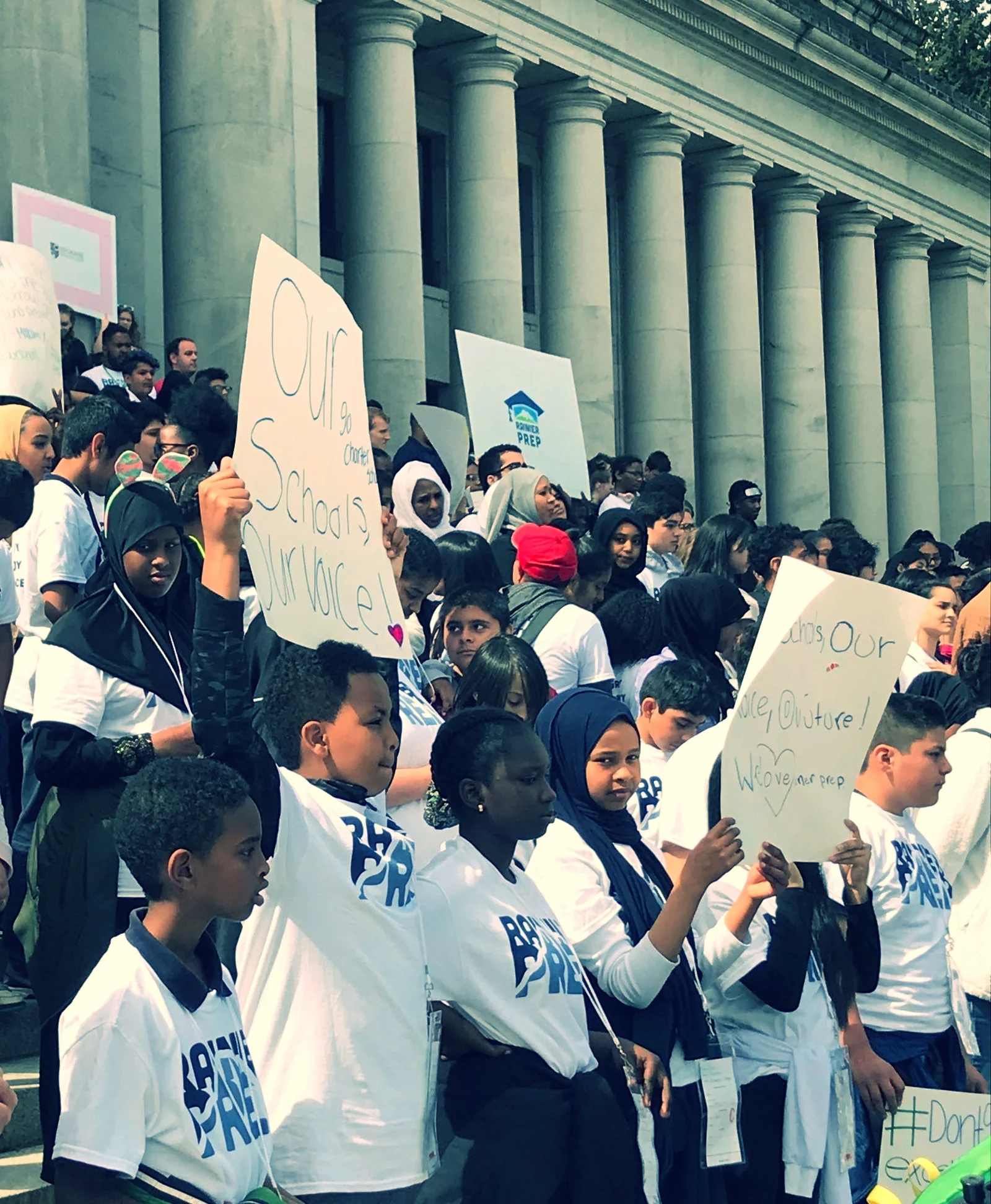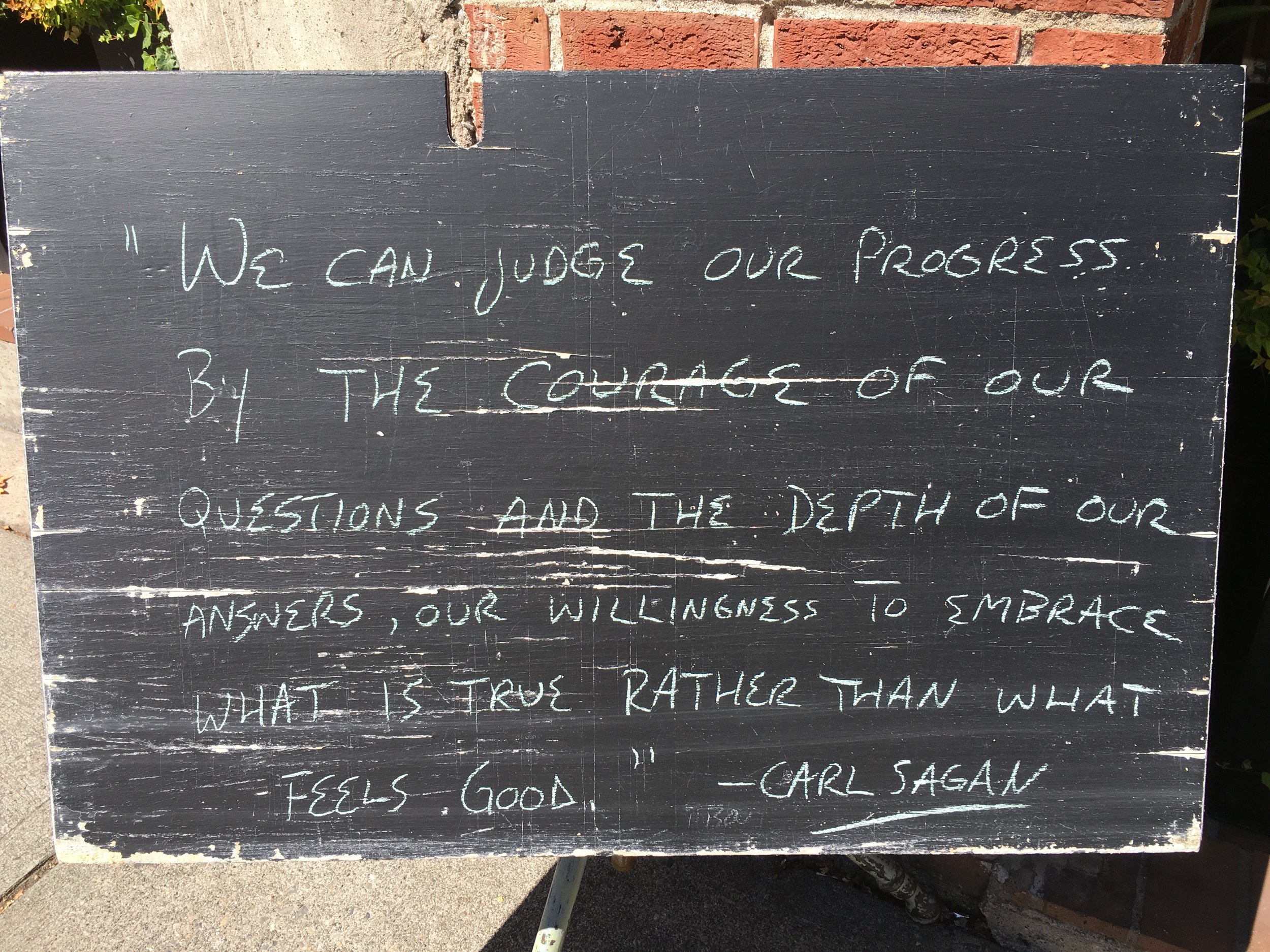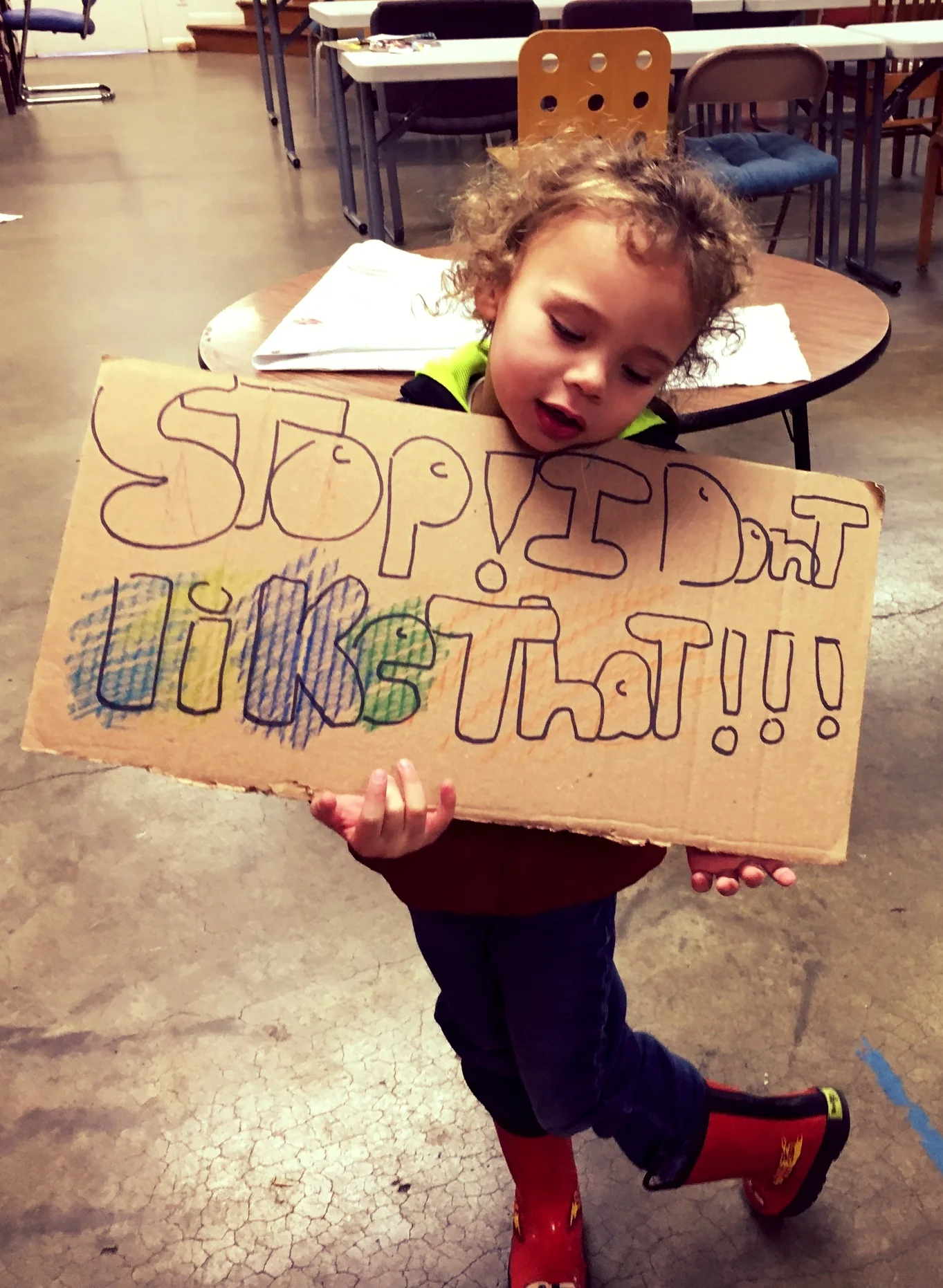By Tracy Dell'Angela
The Seattle Times’ Education Lab just published the second of a two-part series that should be a wake-up call to all the self-congratulatory states and school districts who think they are doing all they can to prepare students for success.
The series, artfully authored by reporter Claudia Rowe, opened with two provocative questions:
Massachusetts is a lot like us, so why are its schools so much better?
For a decade, Massachusetts has led the nation in student performance, ranking high internationally, too. What are they doing that we aren’t?
The us, in this case, is the state of Washington, which is strikingly similar in the kind of demographics that make this a fair apples-to-apples comparison: They are about the same size (around 7 million people); both are about 80 percent white, with similar rates of homeownership and non-English speakers. Both boast household incomes well above the national average, yet both see their schools filled with increasing numbers of low-income kids.
So what is Massachusetts doing? A whole bunch of common-sense things, which the stories lay out in compelling detail. But what is really comes down to is this:
Massachusetts is not happy with the status quo. It is not resting on its laurels. It is not crowing about tiny bumps in graduation indicators and ignoring its mediocrity (as Washington is). Rather it is bemoaning its stubbornly high achievement gaps between middle-class and low-income children and re-upping its commitment. As the quoted experts say:
“One of the most notable aspects of education in Massachusetts is the constant push to improve, even when indicators look good.”
“I’ve always praised Massachusetts for their work on education, but they never want to be praised. They want to know where they’re weak.”
So what is Massachusetts doing? Here are the tangible factors identified by the stories:
- Spending more money overall on their schools, about $4,000 per pupil more.
- Devoting more resources and money to schools with higher percentages of low-income and high-risk students.
- Beefing up preschool.
- Investing in higher pay and more training for teachers.
- Re-inventing vocational high schools and career preparation.
This windfall of resources was welcomed by reformers and union leaders alike, but it came with big strings:
- More stringent standards for teacher preparation and licensing
- Higher standards and a demanding accountability structure that require exit exams for high-school graduation.
- The threat of state takeover for failure to meet accountability requirements, which has happened to three districts.
- Exemptions from hiring rules that allow senior educators to bump newer teachers at will.
- Redefining the structure and length of the traditional school day from the typical six hours up to eight hours—in a way that recognized how kids learn and not by tacking an hour or two of math and English tutoring to the end of the day.
- Opening up honors classes to all students, not just those preselected by teachers.
Not surprisingly, union leaders now want to cut those strings while still enjoying a funding windfall that teachers in other states can only dream about.
Barbara Madeloni, president of the Massachusetts Teachers Association, complained in this article that her members are living under “a hyper-accountability system.” And she groused about Massachusetts’ standing as a national leader on nearly every metric of success, a big smack in the face to her members who are training harder, working longer and rejecting the status quo in the interest of student success:
“The premise that Massachusetts is somehow doing so well, based on testing data, is suspect for me. We’re a wealthy white state, relative to others, so lo and behold, we get these scores.”
Massachusetts’ “Grand Bargain” lays bare the myth that reformers are pushing a magic-bullet, overnight-miracle solution — and that reformers don’t acknowledge the pernicious effects of poverty on school outcomes.
It also gives lie to the idea that only failure—not success—should be rewarded with more resources and the freedom to innovate.
Massachusetts’ Grand Bargain is more than two decades old at this point, and the cracks are starting to show. The school funding formula hasn’t kept up with costs, achievement gaps remain unacceptably high, and the introduction of the Common Core standards and assessments have revealed shortcomings in the once-revered Massachusetts Comprehensive Assessment System.
And that’s where that relentless self-reflection comes to bear. Because when you’re at the top of heap—not only on national and international exams, but also in access to early education, high-school graduation, college enrollment and adult employment—it would be so tempting to crow about your success and stick your head in the sand about what’s not working.
In the end, what happened in Massachusetts could have happened in Washington. The same set of reforms started two decades ago, but the big promises around funding and accountability shifted and faded. Massachusetts, in contrast, struggled with setbacks but stayed the course.
Determination and grit. It is what we value in our students. Now we have to figure out how to elect state leaders and union officials who possess the same qualities.
This piece was originally published on March 21, 2016, on the Head in the Sand Blog.















